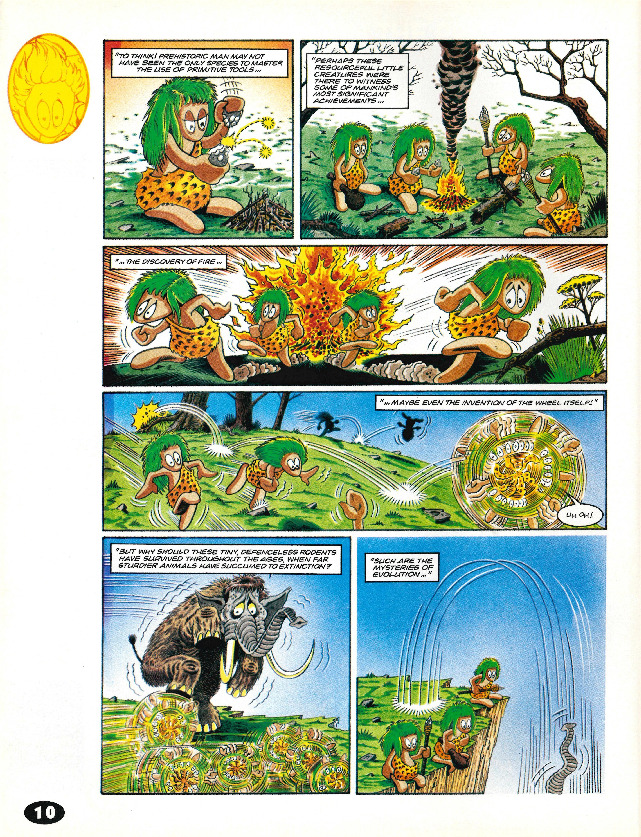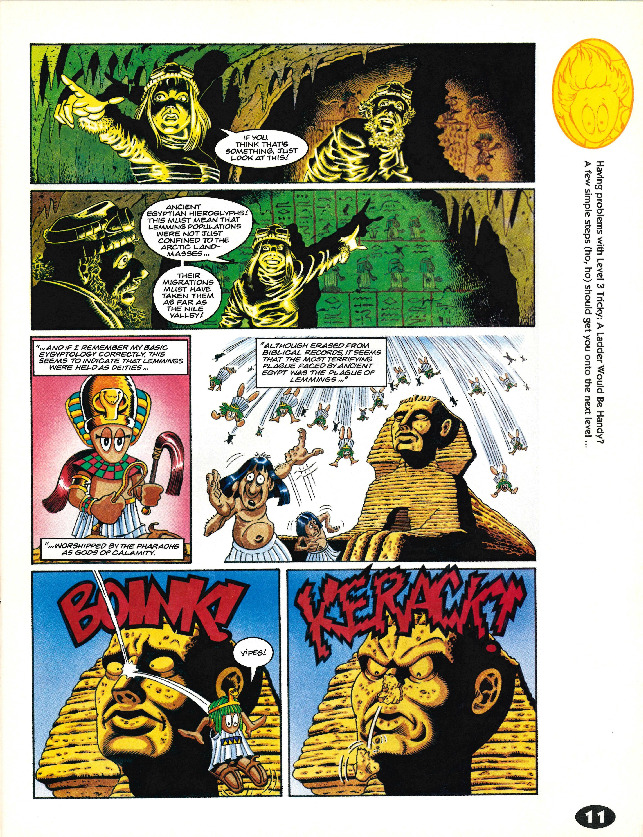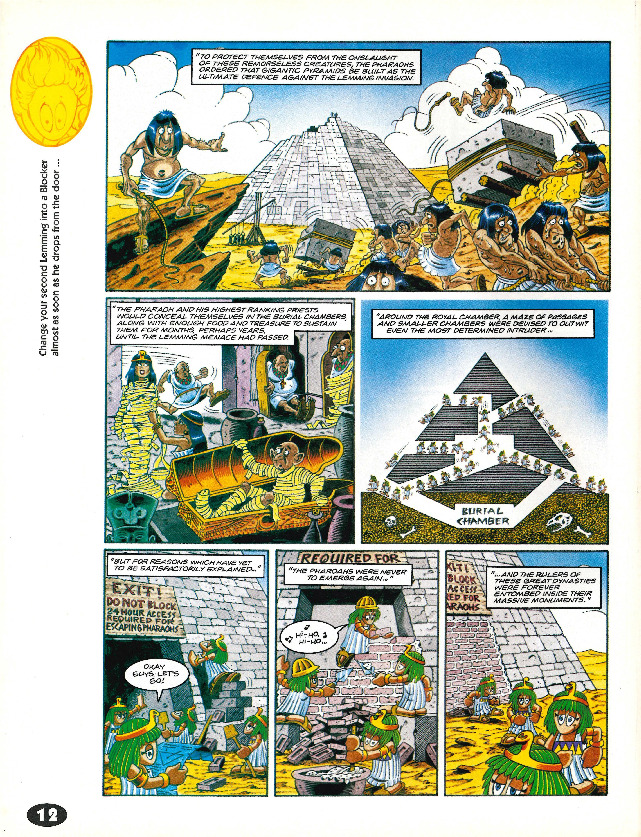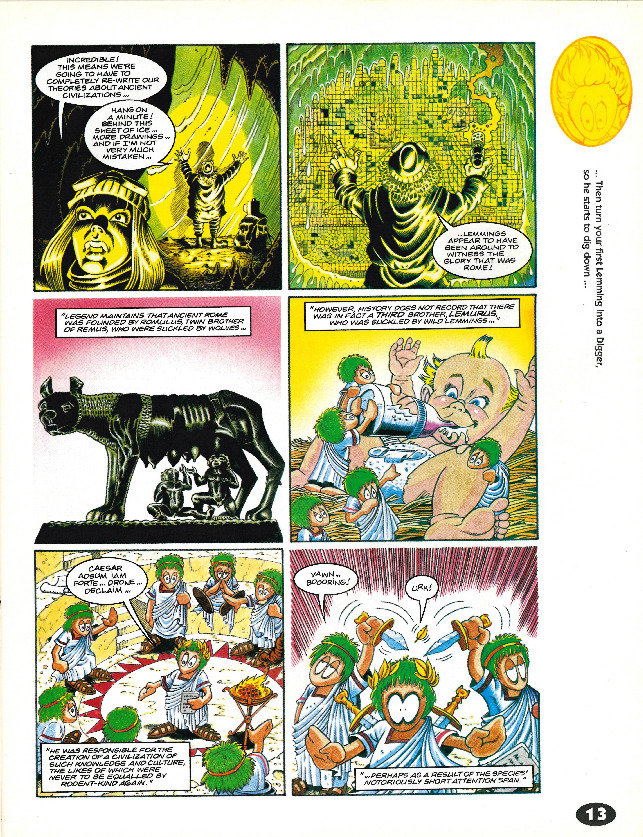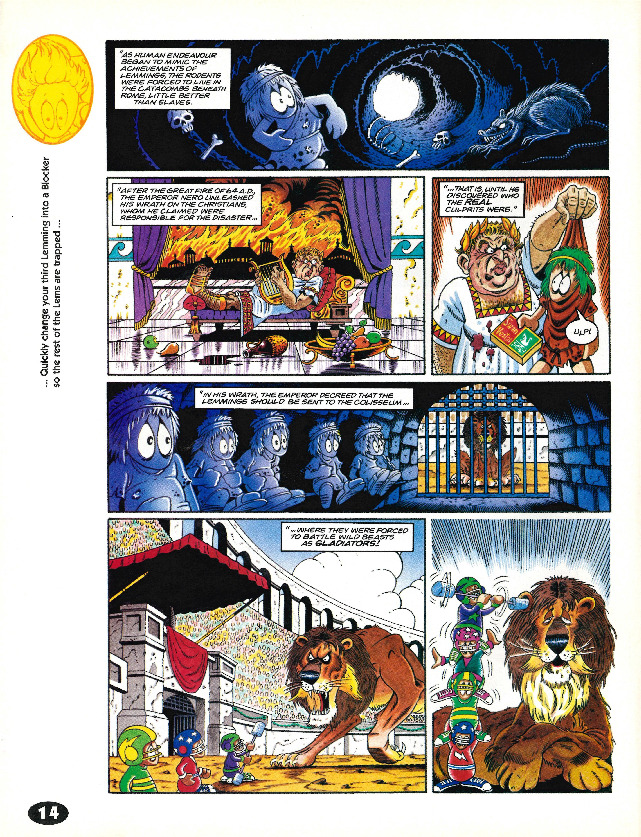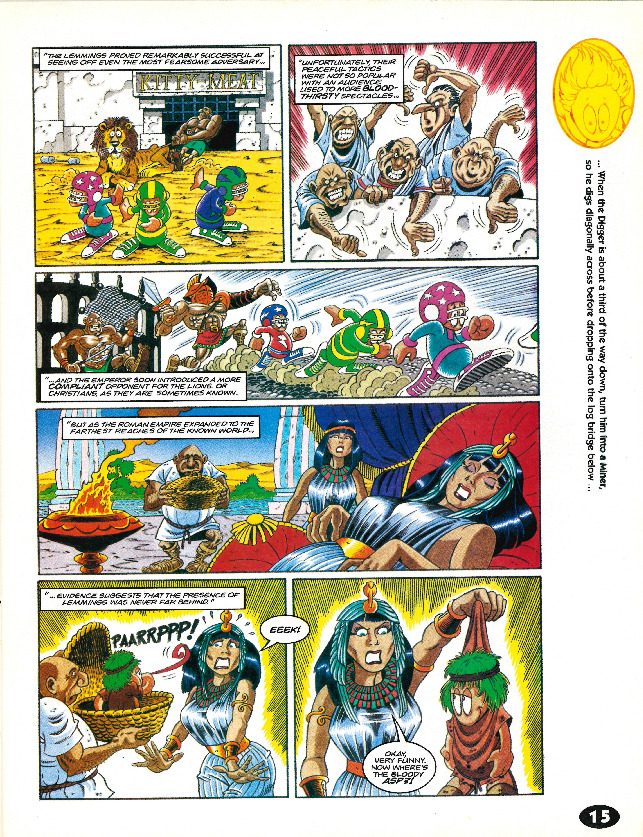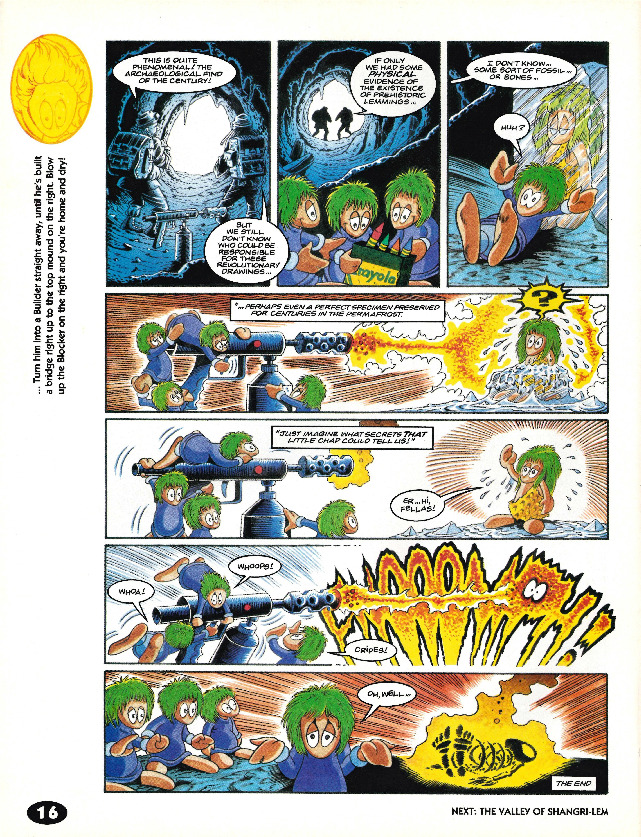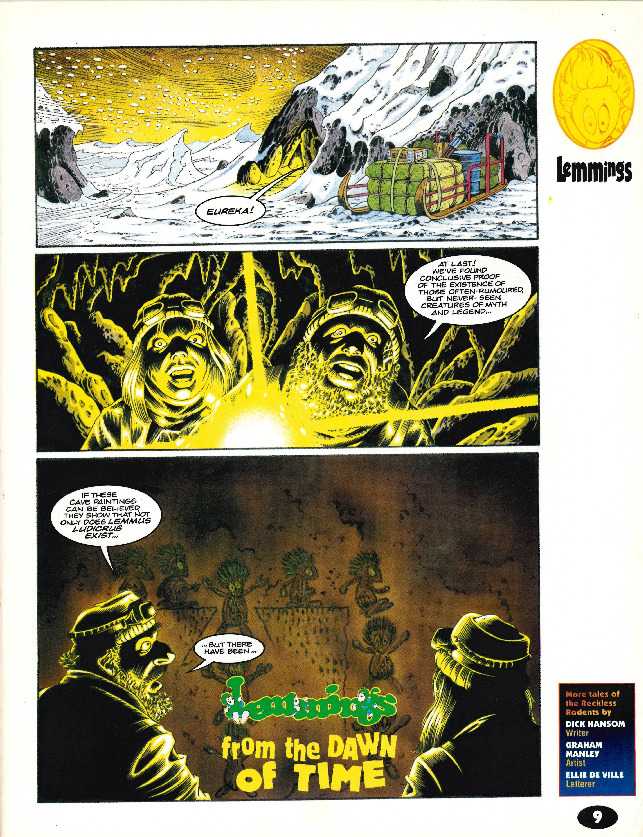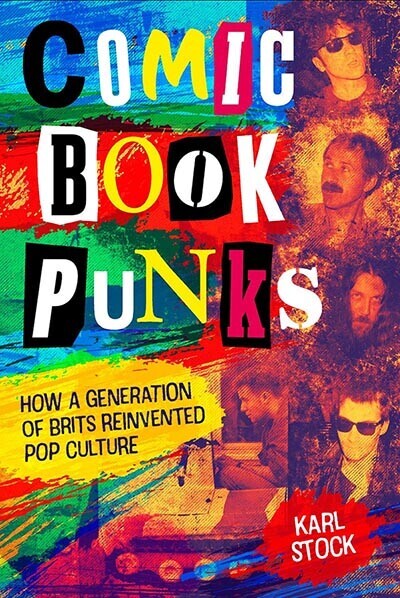It's a lengthy interview about his book but I thought I'd focus in on his thoughts about comics from his novel-length "short" story "What We Can Know About Thunderman":
I mean, 'Thunder Man' was an odd story. I'd been trying to write something like that for a couple of years, and I'd even made a start on a story, but I threw it all out because it hadn't got any real life to it. I realised that this was because I was setting it in England, where I had my first experiences of the comics industry. But I kind of realised that no, England is not where the comics industry is really happening. You've got to go to the source.
And I'd also had other vague thoughts going through my head. I'd been thinking about superhero costumes and neurological addiction since reading some interesting articles in New Scientist that seemed to suggest that a logo can actually imprint itself upon a child's brain, which I suppose shouldn't be surprising, that's what logos are designed to do!
Most superheroes can be reduced to just a color combination and a chest emblem. I had a strange image that was like something from an old Superboy comic, and I had no idea what it meant. It was an image of a normally dressed person walking in from the left of a kind of an archetypal 1960s comic book panel with a sort of a bland Midwest landscape and, on the other side, a fantastically-costumed superhero, and they're just walking towards each other as if to shake hands. That became the seed for the final scene. It was a really interesting experience writing that story.
Let's ask the obvious question... 'What We Can Know About Thunderman' is a satire of the comics industry. How much of it is true?
Some of the most grotesque scenes I've embellished and in some of them I've flat out lied, but I think that it captures the character of the comics industry and a lot of the most physically appalling things in there are very close to actual reality.
That said, it isn't a roman a clef. Most of the people in it are composites or inventions. One of the things that I was most pleased with about it was all the names. I've no idea where they were coming from: Jerry Binkall. Brandon Chuff. Worsley Porlock. You know that you're on a roll if you've got names like that cropping up.
You're retired from comics and you've talked about your bad experiences with the industry before. So why return to the subject now? Is this an exorcism?
That's exactly the word. I've disowned most of my comics work, including stuff like Watchmen, V For Vendetta, all of the ABC stuff, everything that I don't own. The only active thing I could do was disown it, which was painful. I put an enormous amount of work and energy and a great deal of love into all of those projects and it felt like a bit of an amputation to disown them.
At the same time, that was the only way to cut out the poison. I don't have a copy of any of those works. I'll never be looking at them again. And even thinking about them, all I've got is memories of having my intellectual property rights stolen and then when I complained about that, being typified as a crazy angry guy; "Alan Moore says 'get off my lawn.'" And yes, alright, I was quite cross, but I don't think without reason and also to suggest that I'm angry about everything is an evasion. It's a means of going, "Oh well, if he's angry about everything then we don't have to worry about what he says about the way that people are treated in the comics industry, he's just angry about everything."
And once these things have been taken from my hands and made into franchises then they can be given to anybody to do what they want with and that will somehow still be associated with me.
The comics medium is perfect. It is sublime. The comics industry is a dysfunctional hellhole. So why did I want to return to it in this story? Like you say, it's exorcism. As one of the characters finds in 'Thunderman' it's one thing to quit comics, but quitting comics is a different thing to being able to stop thinking about them. Writing this got an awful lot out of my system. It said a lot of the things that I'd always wanted to say but I'd never really had the right context to say them in. But doing them in a Kafka-esque satire, that worked perfectly. And when I say a Kafka-esque satire, what I mean is that Franz Kafka, while he was reading his stories to his followers and appalled friends, he would be laughing almost too hard to get the lines out. It's horrible, hideous, appalling - but the author was probably giggling when he wrote it.
You called comics "sublime" just then and it really does feel like, despite everything, you still have a love for the medium. Is that fair?"
Absolutely. I hope that my love of it comes across; my love of Jack Kirby and many of the other artists and a couple of the writers of his generation. The descriptions of a six-year-old kid glimpsing a comic book rack could not have been written without being able to tap into my memories of what that was like, a first exposure to comics.
The medium can do anything. Its potential is still almost completely untapped. So it was attempting to express my love of the medium, some of the wonderful people who worked in it, and to also express my horror at the fact that this this little offshoot, the superhero genre, has become a monoculture that's in danger of taking down at least a considerable part of the comics medium with it when superhero movies finally aren't interesting. When that happens, my worry is that a lot of the comic shops won't be able to continue and a lot of interesting independent comics would perhaps not have outlets.
